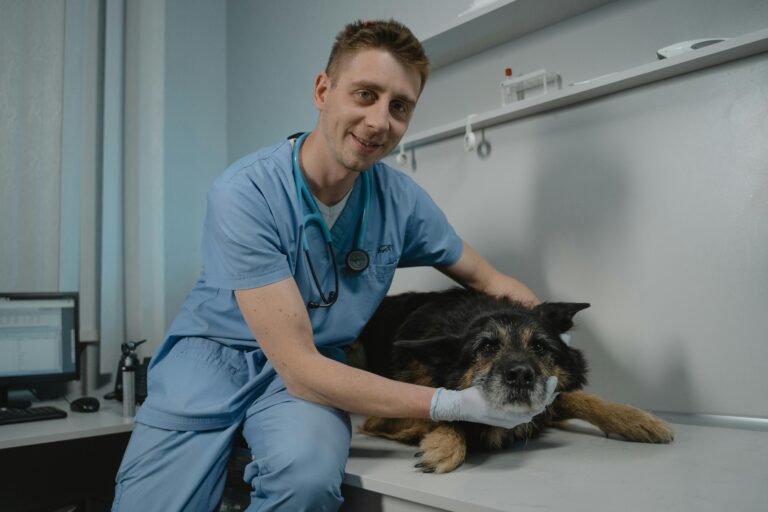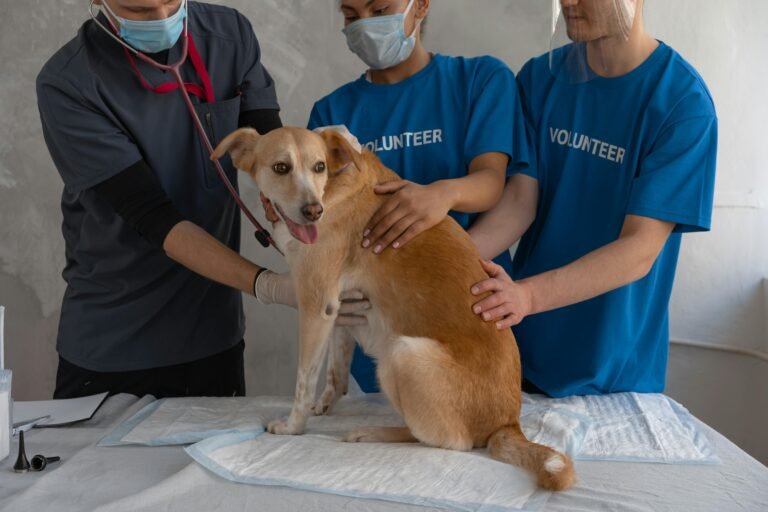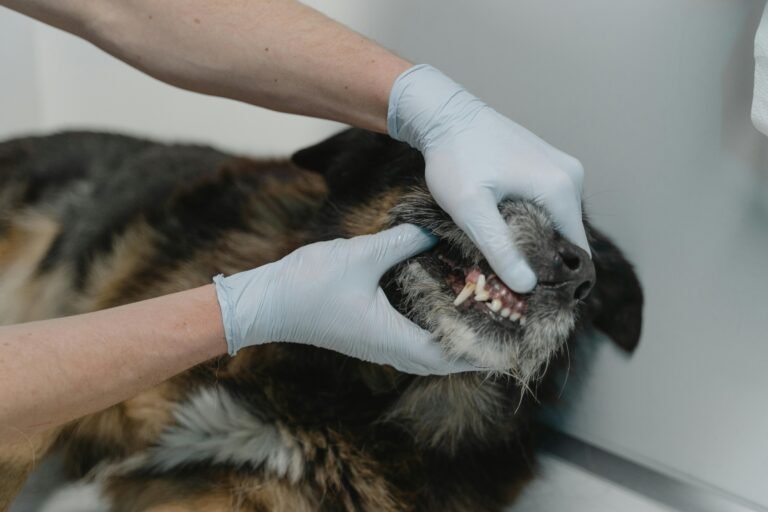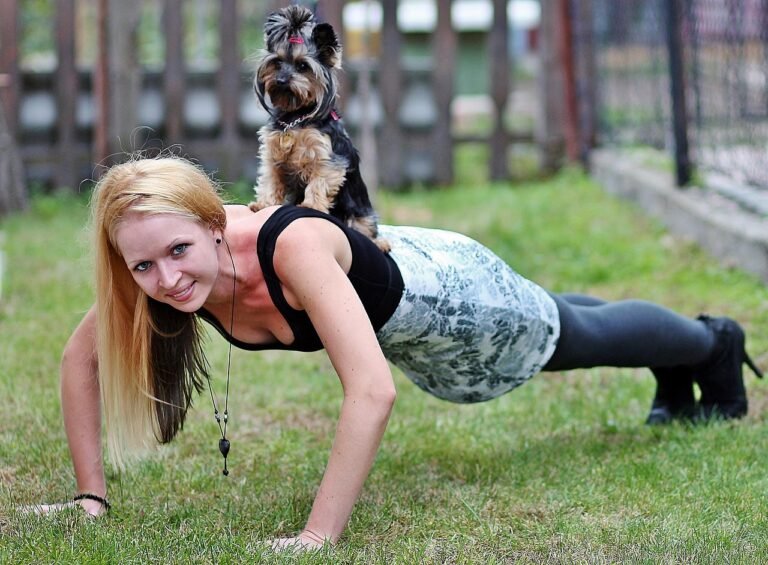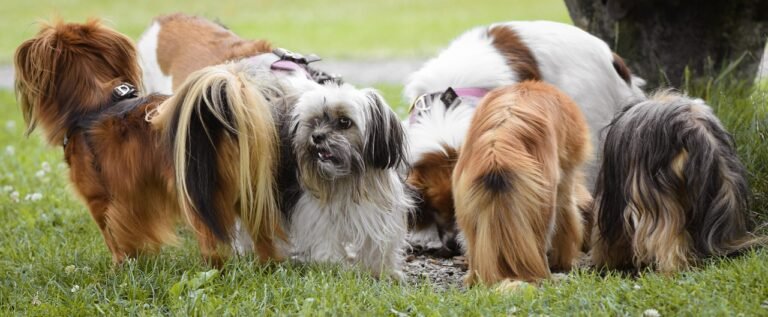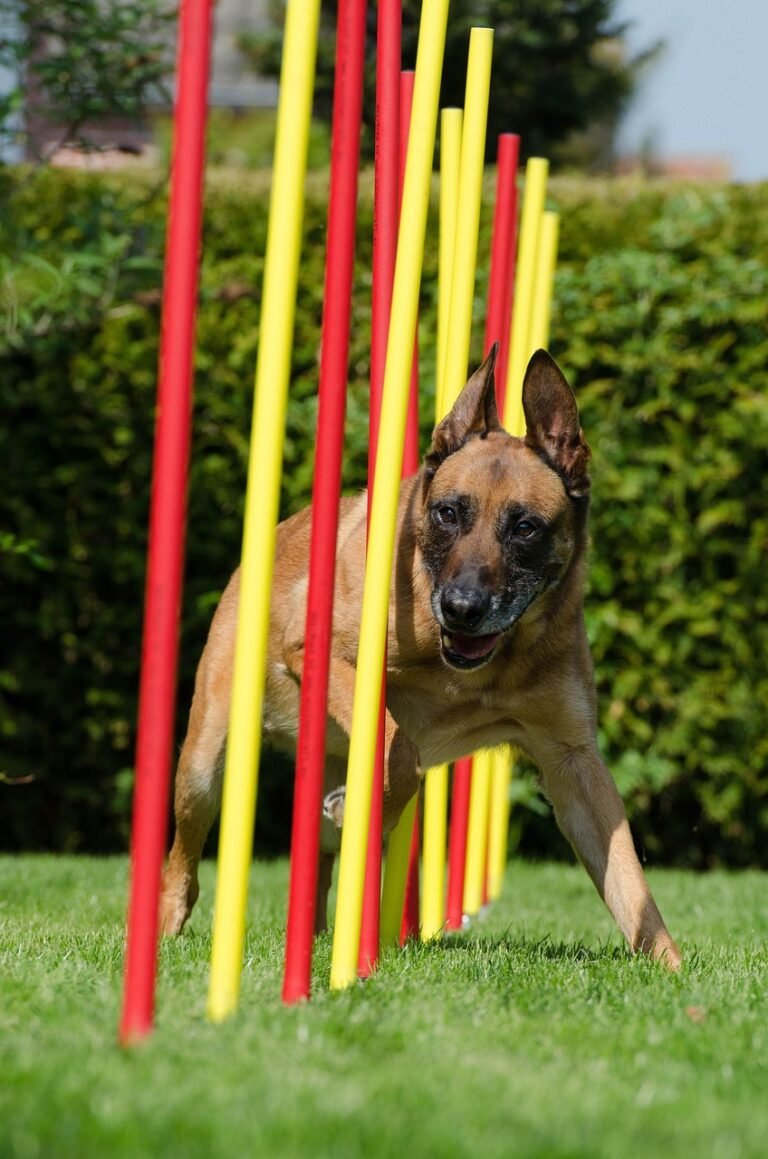Has your dog suddenly developed a loud, honking cough that sounds more like a goose than a pup? Don’t panic—it might be kennel cough, a common respiratory illness in dogs that sounds much worse than it usually is.
Understanding the causes, symptoms, and treatments of kennel cough can help you care for your dog confidently and prevent the illness from spreading to others.
What Is Kennel Cough?
Kennel cough, formally known as canine infectious tracheobronchitis, is a highly contagious upper respiratory infection. It’s similar to a cold in humans and often spreads in places where dogs gather—like kennels, dog parks, or groomers.
It’s caused by a mix of bacteria and viruses, most commonly Bordetella bronchiseptica and canine parainfluenza virus.
Key Symptoms to Watch For
The classic sign is a harsh, dry, “goose honk” cough. But your dog may also show:
- Gagging or retching (as if trying to clear something)
- Runny nose or mild sneezing
- Loss of appetite or low energy (in more serious cases)
- Low-grade fever (occasionally)
Note: Many dogs remain alert and act normal aside from the cough.
How Do Dogs Catch It?
Kennel cough spreads through airborne droplets, shared toys, or close contact. It’s especially common in shelters, daycare facilities, and boarding centers—hence the name.
Risk factors:
- Unvaccinated dogs
- Stress or crowded conditions
- Poor ventilation in indoor facilities
Is It Serious?
In most healthy adult dogs, kennel cough is mild and clears up within 1–2 weeks. However, puppies, seniors, or immunocompromised dogs may develop complications like pneumonia, so always consult your vet.
How It’s Treated
Treatment varies depending on severity. Many mild cases only need rest and supportive care. Your vet might recommend:
- Cough suppressants (for severe coughing)
- Antibiotics (if a bacterial infection is confirmed)
- Steam therapy (like sitting in the bathroom during a hot shower)
- Plenty of water and limited exercise
Important: Don’t use human cough medicine unless prescribed—it could be dangerous for dogs.
Can It Be Prevented?
Yes—vaccination helps reduce the risk. Ask your vet about the Bordetella vaccine, which is often required for dogs entering group settings like boarding or training classes.
Other prevention tips:
- Avoid contact with sick dogs
- Keep your dog away from shared bowls or toys at parks
- Ensure good ventilation at indoor dog facilities
When to See the Vet
Contact your vet if:
- The cough worsens or lasts more than 10 days
- Your dog stops eating or shows signs of lethargy
- You notice breathing difficulty or green nasal discharge
Final Thoughts
Kennel cough may sound scary, but it’s usually more annoying than dangerous. With proper care, most dogs bounce back quickly—and a little rest, love, and a spoonful of honey (vet-approved, of course) can go a long way.
If you suspect kennel cough, isolate your dog, call your vet, and get them back to tail-wagging health as soon as possible.
